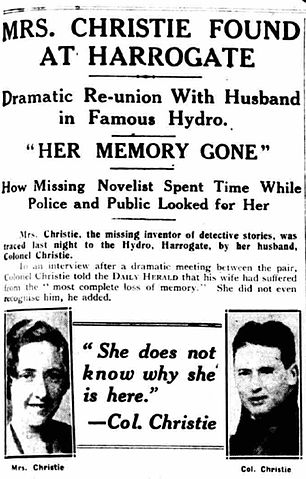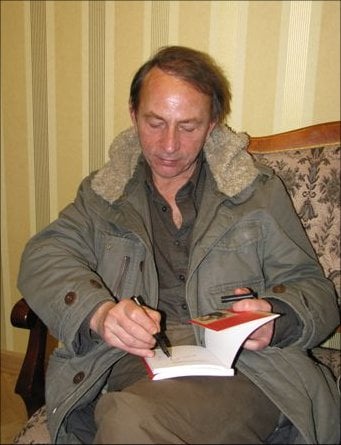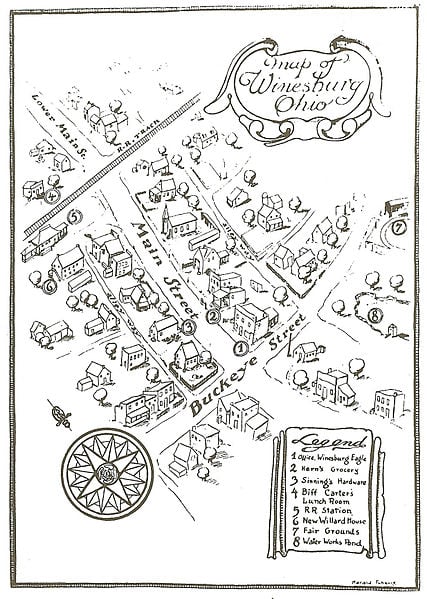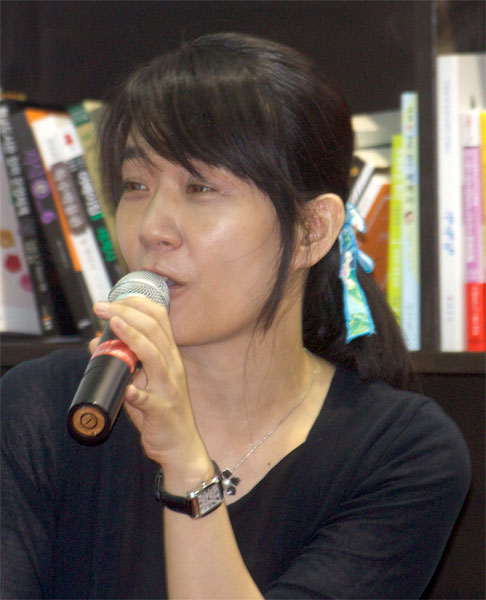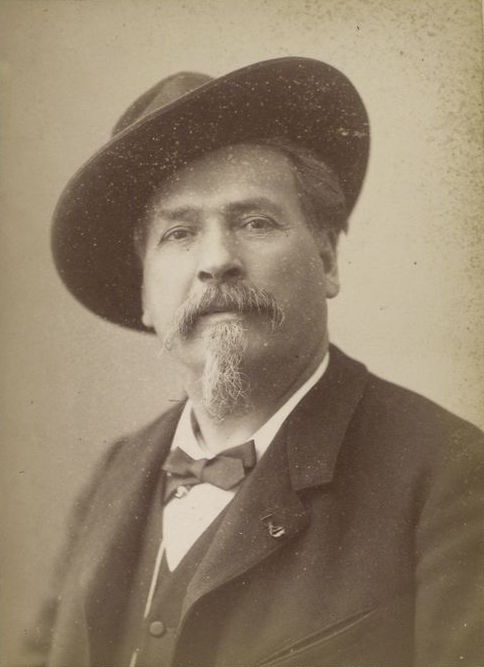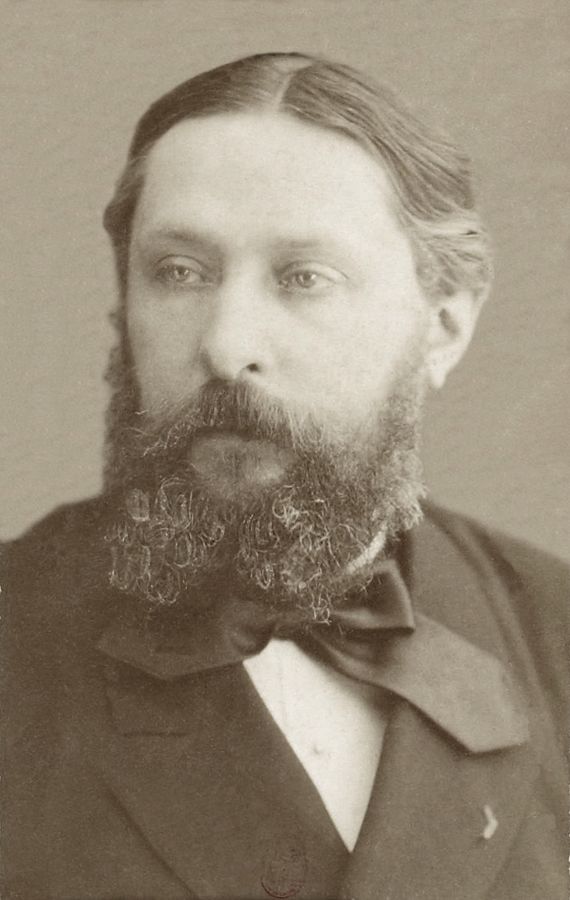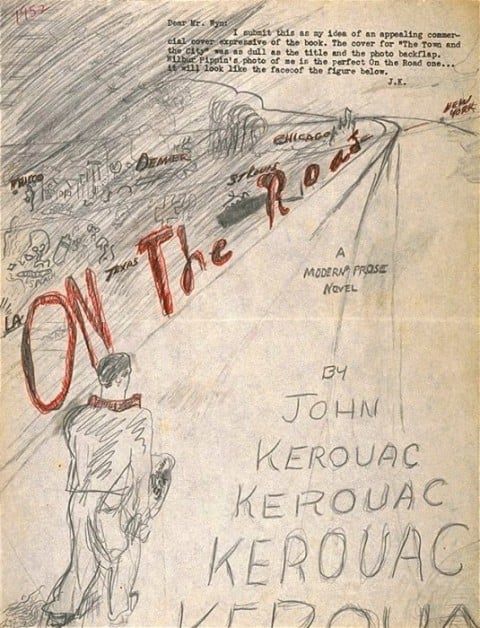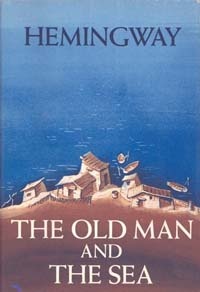Agatha Christie, going by sheer number of copies in print, ranks behind only Shakespeare and God (or, at any rate, The Bible). That in itself should be enough to suggest the tremendous literary stature of the woman who created Hercule Poirot and Miss Marple, but it bears mentioning that she was also a recipient of the Mystery Writers of America’s Grand Master Award, and had her book The Murder of Roger Ackroyd (1926) voted the best crime novel ever by the Crime Writers' Association, all in addition to her success as a playwright (The Mousetrap’s West End theatrical run began in 1952 and continues to the present day). Here are some interesting facts about her.
us toll free: 1-800-948-5563 international: +1 (843) 849-0283 UK: +44 (0) 1334 260018




